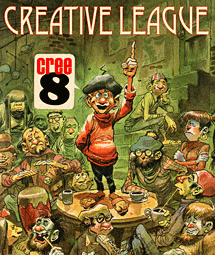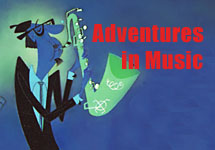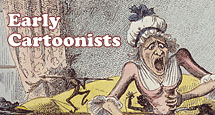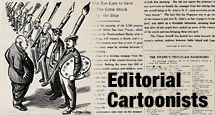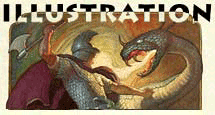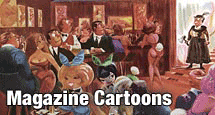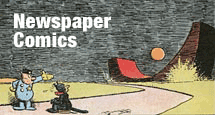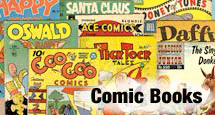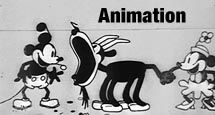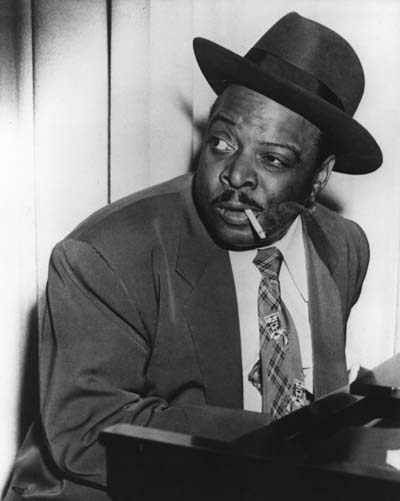
Count Basie
It’s strange how simple, off-the-cuff stuff can be so beautiful, it makes you cry.
Here’s Count Basie on the Jazz Casual TV program from 1968. Basie paints a picture of Kansas City and Harlem in the golden age, then dispels it with a laugh like the smoke from his cigarette. “So, uh… Where were we?”
Count Basie on “Jazz Casual” 1958
If you are under 30 and you’ve followed through this whole series of posts, odds are you have heard music you have never heard before and you’ve seen performers you’ve never seen before. But my purpose here isn’t to generate nostalgia for the past. My eyes are on the future.
We like to think that the world is progressing and getting a little bit better every day, and in the case of some things, (like science and technology) that is undeniably true. But when it comes to creative popular culture- music, dance, art, theater, cinema- the sad truth is that today’s world is a pale shadow of what went on in the first half of the 20th century. What do we have today to compare with the birth of Jazz, illustrators like N. C. Wyeth, singers like Ella Fitzgerald, or composers like Gershwin or Stravinsky?
Our culture doesn’t value creativity like it used to, and performances full of amazing skill and expressiveness are the exception not the rule. We see the “real life” of teenage know-nothings on TV, watch computerized explosions at the movies, and stream clips of kids falling off skateboards on YouTube. Music isn’t coming out of every door and window like Kansas City in Basie’s memories.
It doesn’t have to be this way. We have computers and the internet providing us the tools to create and distribute our work like never before. But technology isn’t enough. We need a collective cultural memory of the past to build on if we want to move forward. Today’s world isn’t that different in the ways that count. Audiences still want to be entertained, and they still respond to skilled performers. They want to be dazzled and impressed and see something they’ve never seen before. Let’s give them that.
Whatever art form you practice, develop the fundamental skills, think about what you are saying, create something new, and never ever cheat the audience. If you are an animator, use every aspect of filmmaking to put across your message. Music can be one of the most powerful elements of an animated film. Learn about music. You’ll be a better artist and make better films.
Stephen Worth
Director
Animation Resources
This posting is part of a series of articles comprising an online exhibit entitled Adventures in Music.





